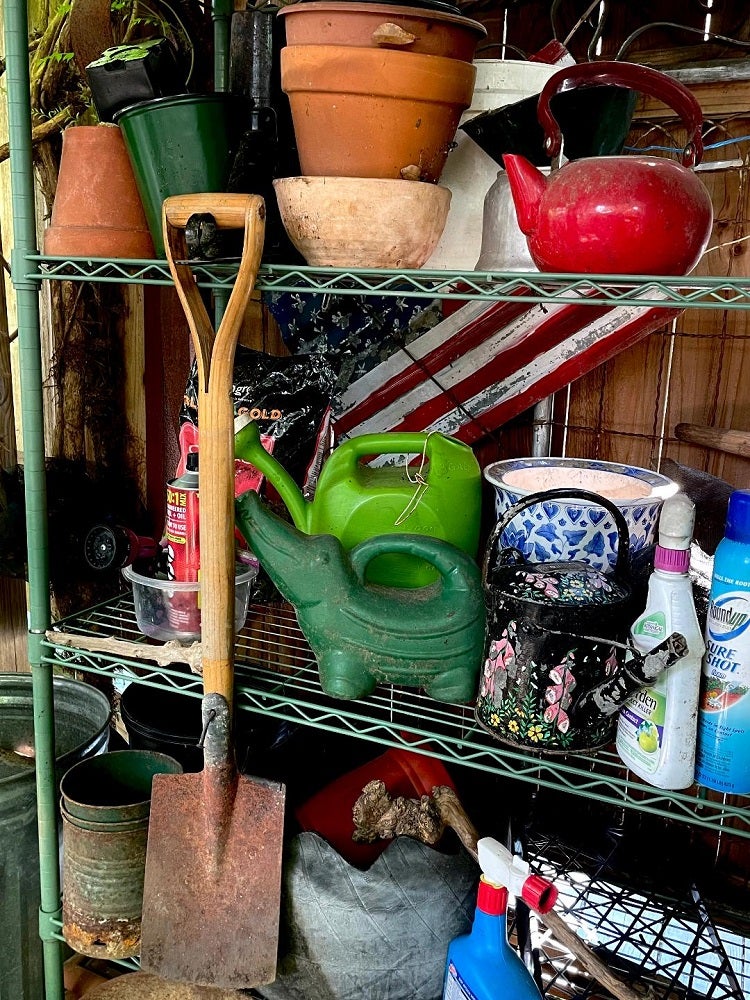Raindrops keep fallin’ on my head
Published 7:00 am Saturday, June 24, 2017
By Fr. Jonathan J. Filkins
For the movie buff, “Butch Cassidy and the Sundance Kid,” is a milestone in cinema.
It has been often touted as a blockbuster of the late 1960’s and early 1970’s, and it is still popular with fans today. One of the distinctive scenes finds Katherine Ross and Paul Newman riding a peculiarly modern bicycle in a barnyard, as Robert Redford looks on.
All of this activity is completed to the strains of Hal David and Burt Bacharach’s ubiquitous, “Rain drops keep fallin’ on my head.” It is a catchy refrain and, once heard, it is difficult not to have it circle endlessly in our heads. Yet, as it is juxtaposed, with the sunny, temporary relief from the pursuit of the law, it reminds the audience of the portent of forthcoming justice; as the movie concludes with the implied death of the criminals in a dusty Bolivian village.
In prose and poetry, rain is often connected with sadness and pain. Sunny skies are compared to the gloominess of gray and damp. Consider the dark and gloomy seas of Herman Melville’s Ishmael, in “Moby Dick,” or the inky gloom from the pen of Edgar Allen Poe. Each reflects a literal and spiritual storminess in the telling of their tales.
However, the necessity of rain is the stuff of life. It cleanses the air, feeds our crops and nourishes all the elements of the earth.
We, as human beings made by God, are mostly composed of water, and it is a so necessary part of each of us.
Tales and travels in the deserts of the Southwest United States graphically illustrate what the consequences of the lack of precipitation will deliver for us.
Another popular song, by the Ink Spots of the 1940s, brings the point home. Entitled, “Into each life some rain must fall,” it speaks directly to the ups, and downs, which we encounter in life. The rain is, metaphorically, the darkness, the dampness, the creeping malaise of melancholy brought on by the cloudy days of life. Yet, it is not all darkness, but the acknowledgement of the portent of the potential, with which there is hope.
In any weather event, there is the innate knowledge that the duration is not infinite. We look forward to the upcoming sunny skies and pleasant winds. There is a ready anticipation to better days and calmer seas. While our activities and plans may have been delayed, we usually have adjusted to the current conditions, and acknowledge the condition as temporary.
It is here we rely on God’s good order and His plans for us. We do not know when it shall be stormy in our lives, nor do we know when the sun shall shine radiantly. From the Gospel of Saint Matthew, “And he arose, and rebuked the wind, and Jesus said unto the sea, ‘Peace, be still. And the wind ceased, and there was a great calm.’” Accepting the Savior, for ourselves, and acknowledging His sacrifice for us, we know that the Son shines radiantly, all of the time, and provides the calming harbor of mercy and hope.




